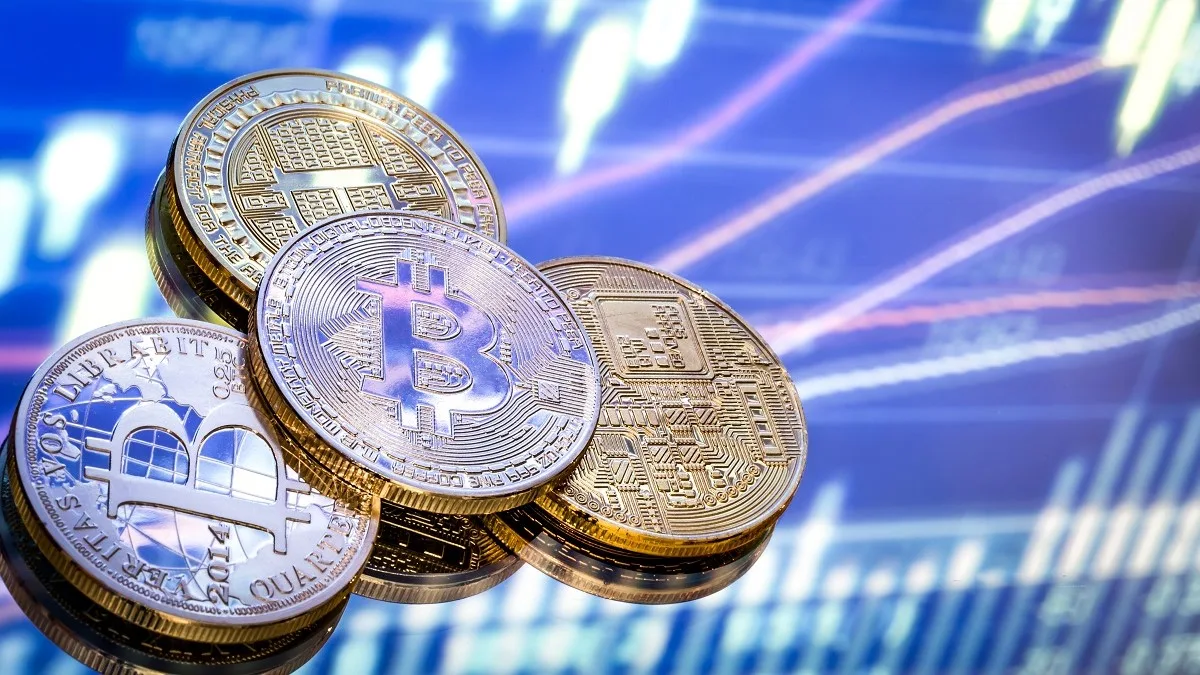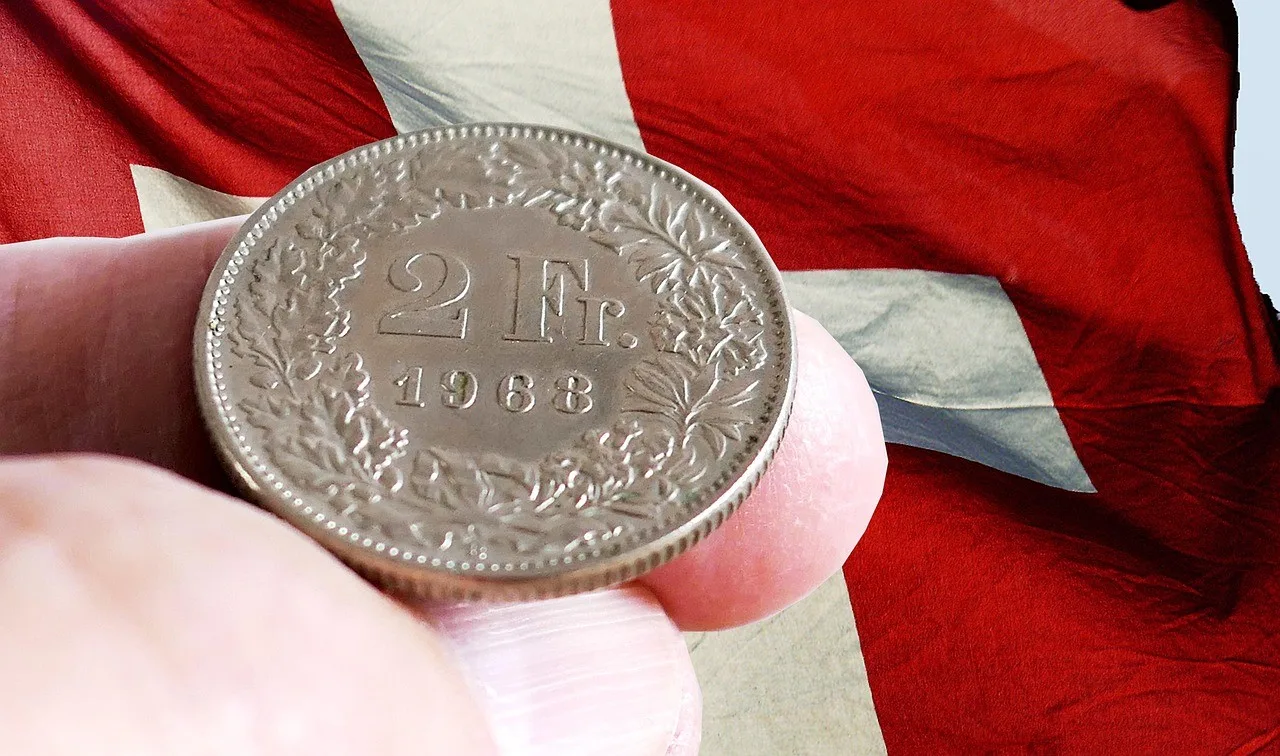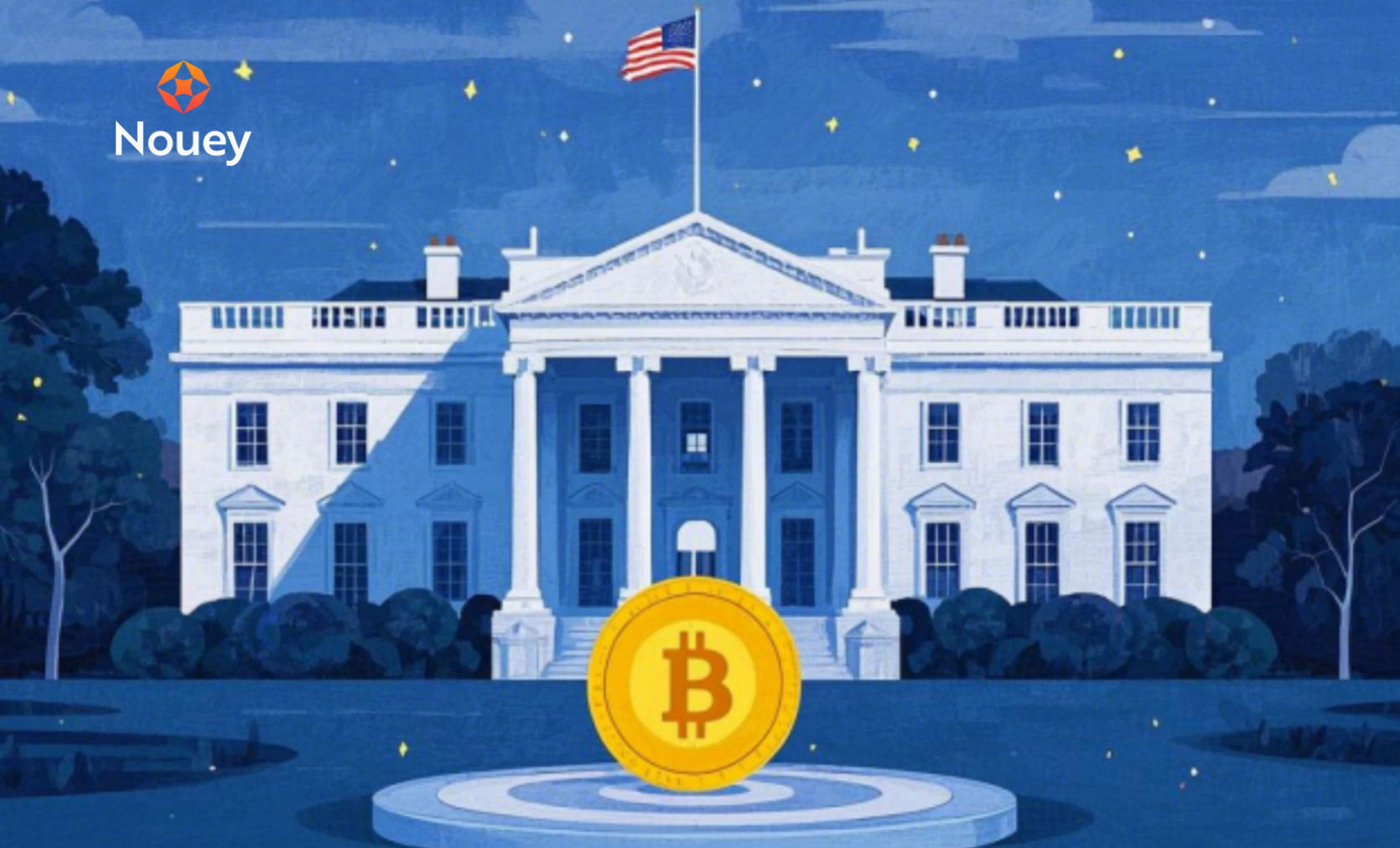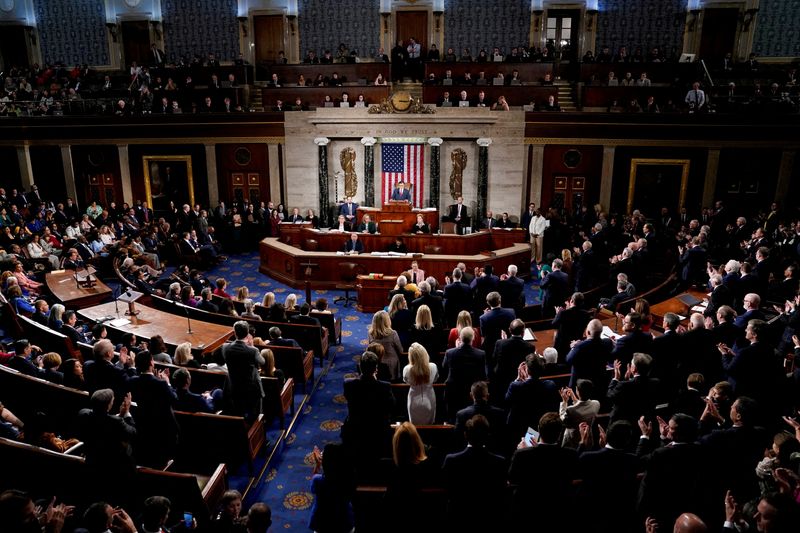
The Challenge of the Swiss Franc in Switzerland
In recent times, the Swiss franc has been a constant concern for the Swiss economy due to its relentless strengthening, especially against the US dollar. Last month, the USD/CHF exchange rate slipped to almost 0.80, a level not seen since January 15, 2015, the day when an epochal event occurred: the governor of the Swiss National Bank, Thomas Jordan, unexpectedly decided to remove the EUR/CHF floor at 1.20, which had been preventing the appreciation of the Swiss currency.
The consequence was devastating for the currency markets, with the Swiss franc quotations making an unprecedented leap in just a few minutes. Since then, the SNB has been viewed with suspicion by other nations, and the United States has added it to the list of currency manipulators. A label that the Swiss National Bank has tried to shake off without ever truly succeeding. For this reason, it operates with great discretion to avoid a new round of criticism being directed at it.
Another aspect to consider is that interest rates in Switzerland are currently at 0.25%, and lowering them further could create problems. Indeed, while this would provide relief to the exporting companies of the Confederation, which are adversely affected by the strong franc as their products become less competitive, Swiss banks would be penalized as they would see their net interest income reduced. In the Swiss economy, credit institutions play a fundamental role in financing companies and ensuring sustained production.
The Swiss Franc: What Will the SNB Do?
The debate on whether the SNB should directly intervene in the currency market to curb the appreciation of the Swiss franc is heating up. Today, at an event on digital currency in Zurich, the President of the Central Bank, Martin Schlegel, stated that “the franc has appreciated significantly” and the monetary authority is “ready to intervene in the FX market if necessary for price stability.” While the SNB is known for its repeated forays into the currency markets, it has refrained from doing so for about a year. According to financial observers, one reason is the fear of retaliation from the United States, although Schlegel has emphasized that this would not deter him from selling the franc.
The next meeting of the Swiss National Bank will be on June 19, and on that occasion, Schlegel has not ruled out bringing rates to zero or even into negative territory. “No one likes loan rates below zero, but policymakers will introduce them if necessary,” emphasized the President of the central monetary authority. “The most important thing is to focus on the mandate and maintain calm and filter out the rumors,” he added.











